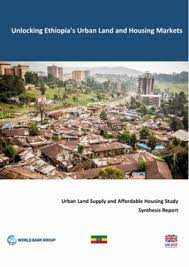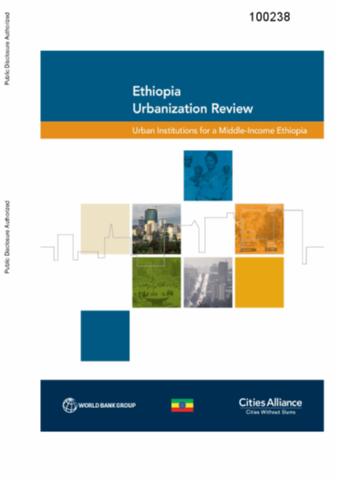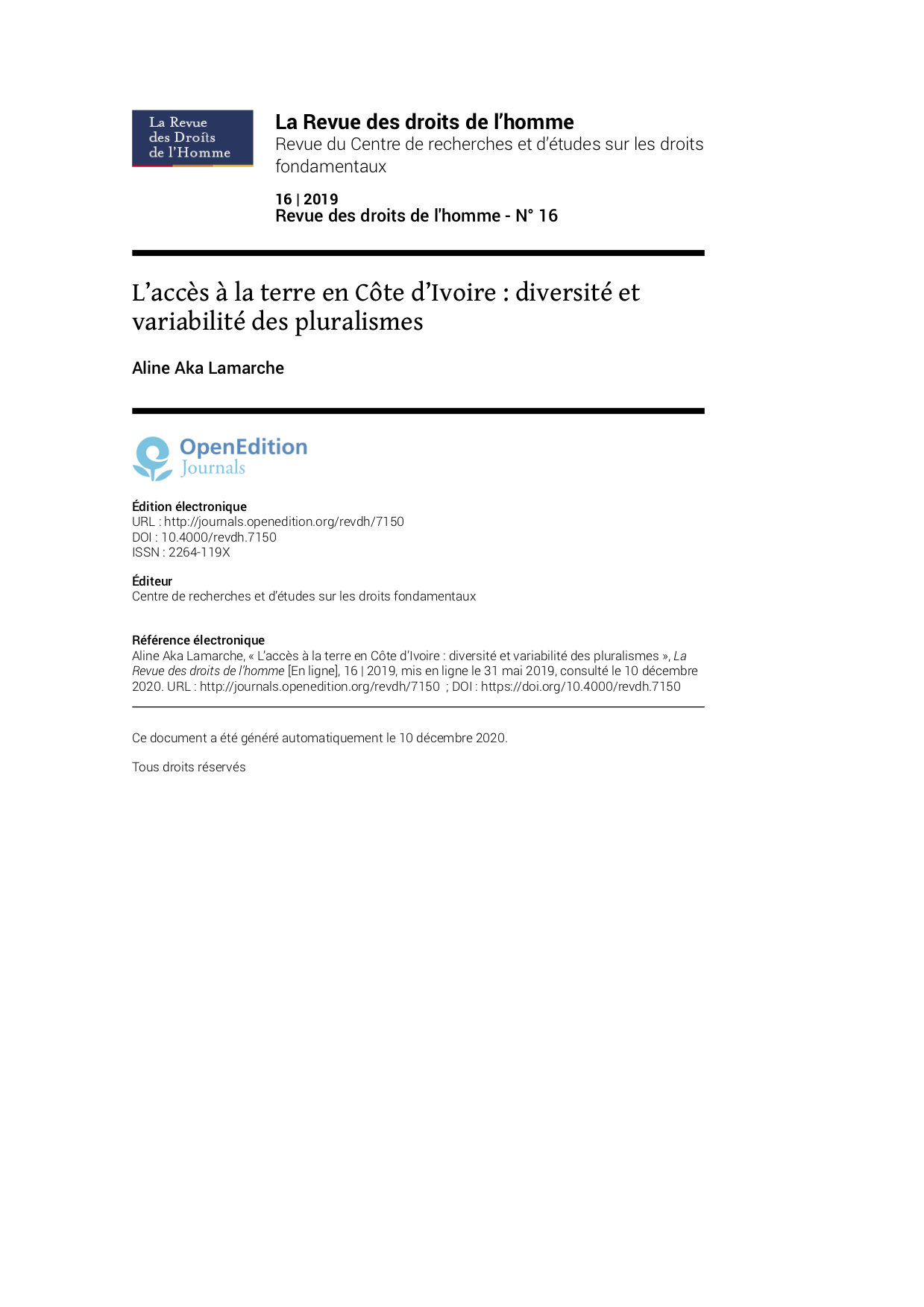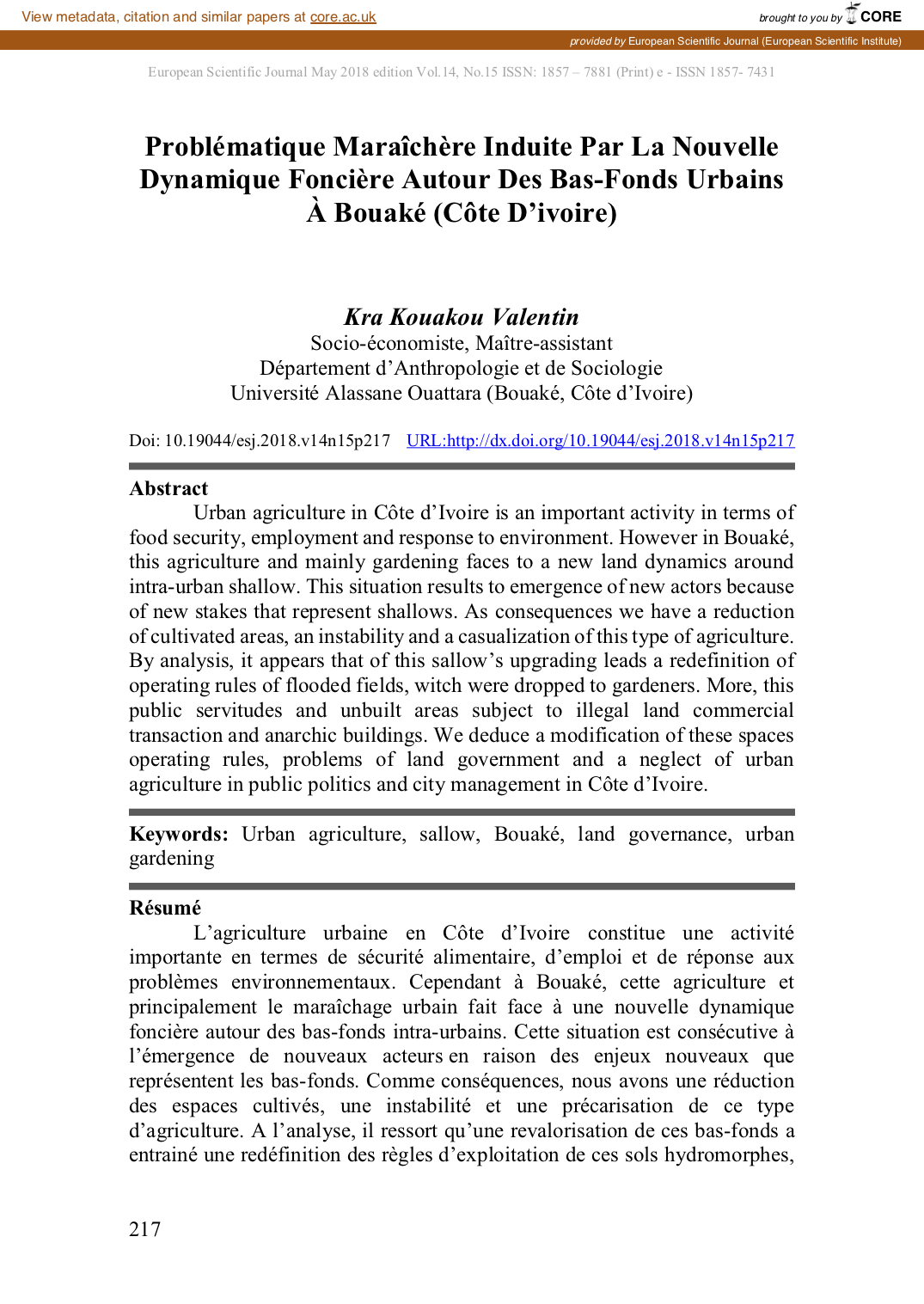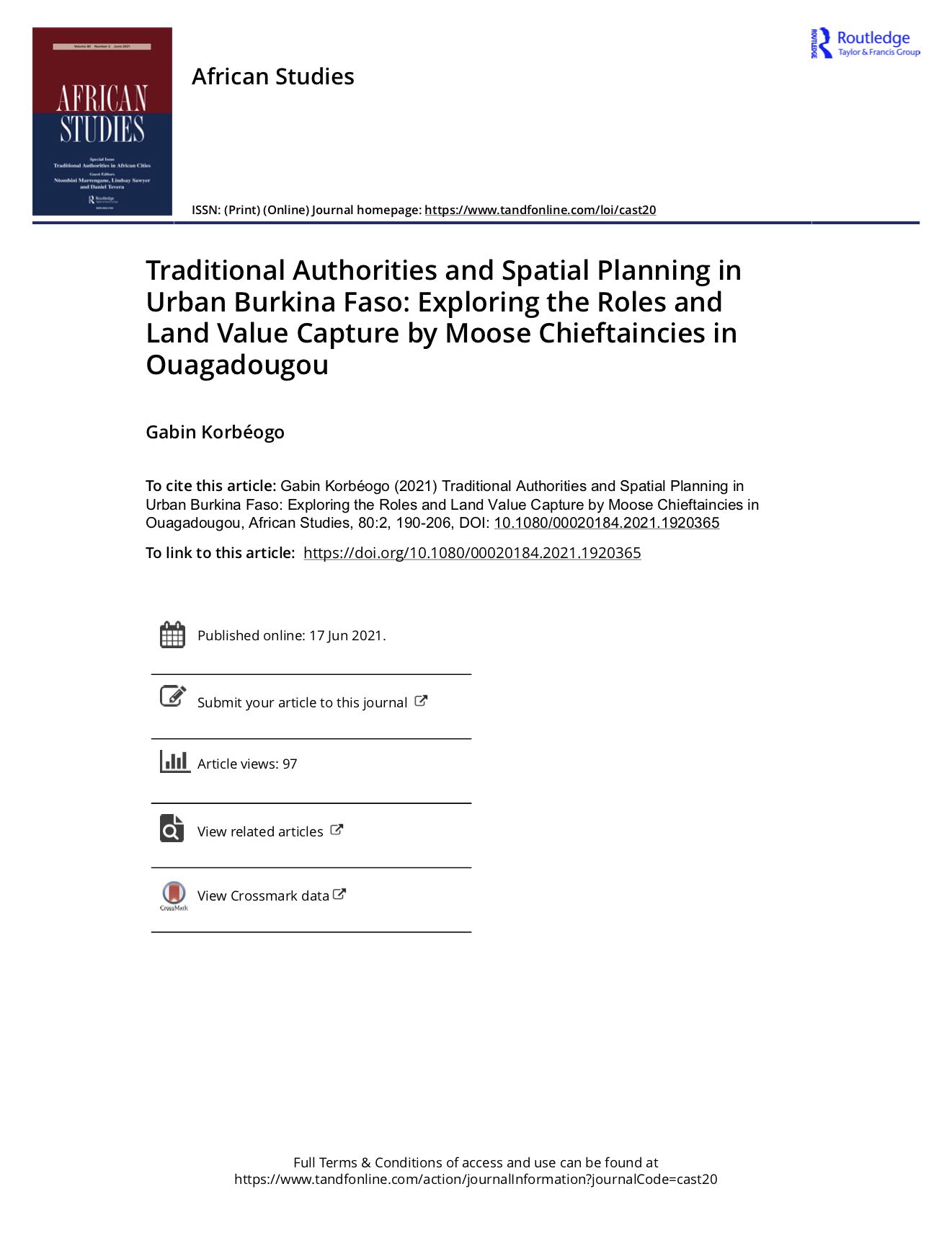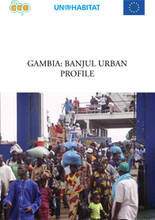Influence of the Cadastral Value of the Urban Land and Neighborhood Characteristics on the Mean House Mortgage Appraisal
As house mortgage appraisal values have played a leading role in the 2007–2012 financial crisis, it is important to develop robust mass appraisal models that correctly estimate these values. The present paper intends to propose a methodology to examine the spatial distribution of house mortgage appraisal values. To do so, we analyzed the effect that these values, cadastral urban land values, characteristics of houses, and socioeconomic conditions and services in neighborhoods, have on house mortgage appraisal values in the 70 boroughs of Valencia (Spain).


